MedTech News
.................... by Andrew Celentano
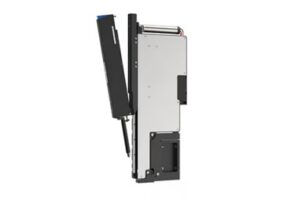
Hamilton Launches GlucoSense, a First-of-Its-Kind, Real-Time, In Situ Glucose Sensor for Mammalian Cell Culture
BONADUZ, Switzerland, Dec. 16, 2025 /PRNewswire/ — Hamilton today announced the launch of GlucoSense, a breakthrough in bioprocess analytics that introduces the first reusable, in situ glucose sensor designed to deliver continuous, real-time measurements directly inside cell culture bioreactors.
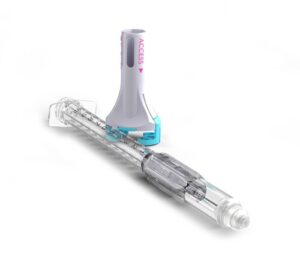
Zephyrus Innovations™ announces US FDA 510(k) clearance for VaporShield™ CSTD
Zephyrus Innovations (Zephyrus), a privately-owned medical device company designing and manufacturing safety syringes and Closed System Transfer Devices (CSTDs), today announces that it has received product 510(k) Marketing Clearance from the US Food and Drug Administration (“FDA”) for its VaporShield ™ CSTD.
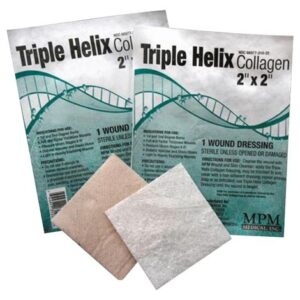
MPM Medical Expands U.S. Manufacturing Capabilities, Acquires FDA 510(k) for Surgical and Advanced Wound Care Collagen
New production capacity strengthens MPM Medical’s position as a leading U.S. manufacturer and follows the company’s recent launch of collagen at-home wound care kits
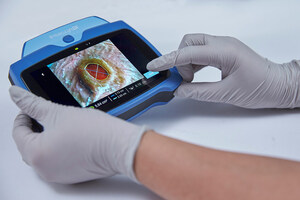
Net Health Expands Wound Intelligence with MolecuLight Integration
PITTSBURGH, Dec. 16, 2025 /PRNewswire/ — Net Health today announced the platform integration of MolecuLight with Tissue Analytics, its AI-powered mobile wound imaging and analytics solution.
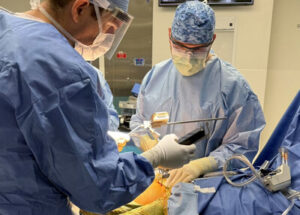
OrthAlign Expands Lantern® Hip Platform to Support Posterior-Based Surgical Approaches in Total Hip Arthroplasty
IRVINE, Calif., Dec. 16, 2025 /PRNewswire/ — OrthAlign, Inc., a global leader in surgical navigation technologies, today announced the expansion of its Lantern® Hip platform to include support for posterior-based approaches in total hip arthroplasty (THA).
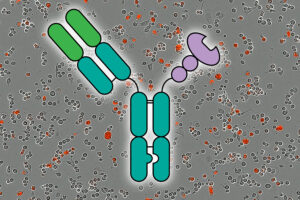
A new immunotherapy approach could work for many types of cancer
Using new molecules that block an immune checkpoint, researchers showed they could stimulate a strong anti-tumor immune response.

FDA approves Dilon’s intraoperative margin assessment device
According to a US pivotal study, the device’s sensitivity has been reported at more than 76% on all specimens.
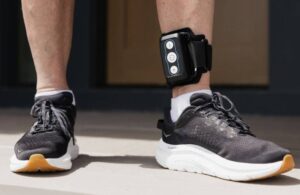
BlueWind wins FDA nod for enhanced urinary incontinence wearable
BlueWind Medical announced today that the FDA granted 510(k) clearance for its enhanced Revi implantable tibial neuromodulation (iTNM) system.
